New gameplan for media planning in a tech-driven era
Media planning is undergoing significant transformations with the introduction of various new technologies. These include data-driven insights, programmatic advertising, audience segmentation, multi-channel approaches, AI and machine learning, mobile advertising, and advanced measurement capabilities. Algorithms and AI play a crucial role in automating tasks such as audience segmentation, media buying, and optimisation within agencies.
By analysing large datasets, algorithms can identify consumer trends and behaviours, allowing for more targeted and personalised campaigns. Real-time optimisation using AI-powered tools further enhances media plans by adjusting bids and placements for maximum impact. Algorithms also facilitate campaign tracking and measurement, providing valuable insights for future planning. Another notable advancement is personalisation, where algorithms and AI dynamically optimise ad creative elements based on real-time data, ensuring the most relevant and engaging content is presented to different audience segments.
According to Vanita Keswani, CEO, Madison Media Sigma, technology enhancement through machine learning algorithms has made digital media planning as well as buying more effective. She emphasised, “Performance marketing, a critical component of media plans, and big tech machine learning algorithms have increased the effectiveness of digital media buys.”
Karan Anand, SVP – Strategy, Interactive Avenues, noted, “Almost everything in media is now real-time, starting with analytics, which consists of collecting data, and analysing and interpreting it to gain real-time insights into consumer behaviour, which enables real-time deployment and optimisation of personalised creatives, real-time audience targeting, and much improved campaign performance and ROI.”
Speaking about the challenge of planning for fragmented audiences and the shift towards personalised one-to-one targeting at scale, Rohan Chincholi, Managing Partner - Digital Services, Havas Media India, said, “In today’s media landscape, we face the challenge of planning for fragmented audiences on a daily basis. Rather than relying on broad demographic targeting, we have shifted towards personalised one-to-one targeting at scale. As cookies are being deprecated, the significance of algorithms and AI will continue to rise in order to optimise performance by identity resolution.”
The challenges
While there are significant benefits to relying on algorithms and AI in media planning, there are also some drawbacks to consider. AI excels in enhancing efficiency, automation, and scalability, allowing media planners to focus on strategic decision-making and creative aspects. AI can simplify the deployment of complex executions and save time and manual effort when dealing with large data volumes. However, limitations may arise from the lack of nuanced judgement, creativity, and context that human planners bring. There is a need to strike a balance between algorithmic capabilities and human expertise.
Highlighting this, Interactive Avenues’ Anand said, “While algorithms and AI are driven by data, they may lack the nuanced judgement and creativity that human planners bring. AI can optimise campaigns based on data, but it may not fully capture the context and human touch needed for certain strategic decisions or creative elements. Media planners need to maintain a balance by incorporating human expertise and critical thinking alongside algorithmic capabilities.”
Madison Media’s Keswani opined, “Humans still successfully bring a lot to the table when it comes to effective media planning and implementation, though there can be a substantial reduction in media planning manpower in the years to come, whereas, AI is still largely number driven and may not consider the intangibles that are required to make decisions based on insights, past understanding and learnings and sometimes simple gut feel.”
For Havas Media’s Chincholi, the main issue is the attempt to create overly specific segments at the cohort level, resulting in limited scalability and excessive reliance on algorithms and AI. “This approach hinders performance delivery and necessitates prospecting campaigns to attract new individuals into the funnel,” he added.
Acquiring new skill sets
In order to stay abreast of the evolving field of media planning, media professionals must upgrade their skills and knowledge accordingly. It is essential for them to acquire new proficiencies and expertise that align with emerging trends and technologies. Developing a comprehensive understanding of big data and mastering data analysis will be vital for media professionals.
According to Vanita Keswani, media planners need to focus on building skills like digital media understanding, integrated multimedia planning, critical thinking, creativity and emotional intelligence that AI may never be able to replace.
Rohan Chincholi added here, “Digital marketing is a rapidly evolving field that requires individuals to stay updated and adaptable. Key attributes for success in this field include certification on biddable platforms, a strong understanding of data and analytics, insights into audience behaviour, agility in adapting to changing trends, and effective collaboration and communication skills.”
Karan Anand shared, “As AI and technology rely heavily on data, media professionals need to enhance their data literacy skills. This involves understanding data collection, analysis, interpretation, and visualisation. Media professionals should develop the ability to collaborate effectively with data scientists and technologists. Lastly, media professionals should learn how to integrate AI technologies into media planning processes. This includes understanding programmatic advertising, real-time bidding, audience targeting algorithms, and dynamic creative optimisation. Familiarity with AI-driven tools and platforms will enable media professionals to make informed decisions and optimise media campaigns effectively.


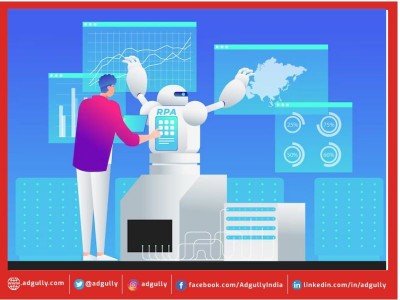



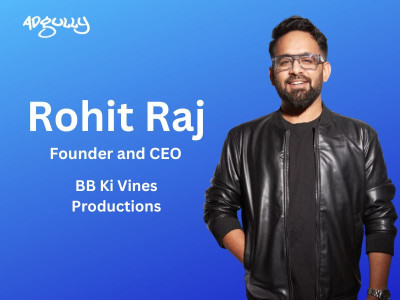



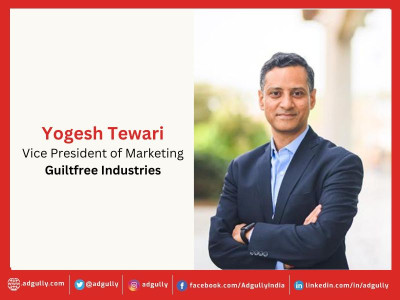
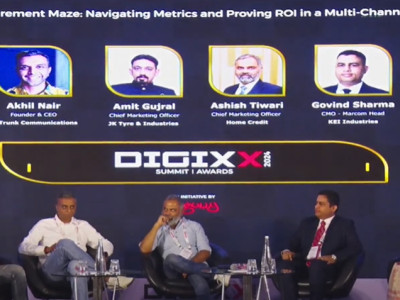
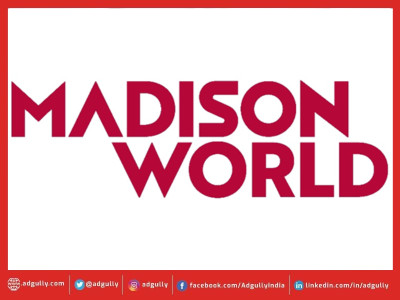



Share
Facebook
YouTube
Tweet
Twitter
LinkedIn